The U.S. Senate has unanimously passed bipartisan, bicameral legislation led by U.S. Senators Gary Peters (MI) and Debbie Stabenow (MI) to settle the longstanding land claims of the Keweenaw Bay Indian Community (KBIC) and clear the title of current landowners in the community.
The KBIC was guaranteed occupancy over a large area of land established as the L’Anse Reservation through Treaties signed in 1842 and 1854. Despite those Treaties, thousands of acres of the reservation were taken by the federal government without compensation and awarded to the State of Michigan. Peters and Stabenow introduced the Keweenaw Bay Indian Community Land Claim Settlement Act of 2023 in coordination with the KBIC and state and local governments to address this longstanding issue. Representative Bergman (R-MI-01) has introduced companion legislation in the House of Representatives.
“This bipartisan bill rightly settles the claims brought by the Keweenaw Bay Indian Community and provides legal clearance for local residents who currently own the property at issue,” said Senator Peters. “It’s time to right this wrong.”
“Passage of this legislation resolving longstanding land claims is an important step forward. This bill is a long overdue solution,” said Senator Stabenow.
“The Tribal Council and the whole Keweenaw Bay Indian Community are beyond overjoyed by the Senate’ unanimous passage yesterday of S. 195, the Keweenaw Bay Indian Community Land Claims Act. We have sought relief and compensation for generations for the unlawful taking of our lands. Thanks to Senator Peters and Senator Stabenow we finally feel heard,” said Keweenaw Bay Indian Community President Doreen Blaker.
The Keweenaw Bay Indian Community’s land claims involve the dispossession of between approximately 1,333 and 2,720 acres of land transferred by the United States government to the State of Michigan as compensation for the construction of the Sault Ste. Marie Canal, as well as approximately 2,743 acres of swamplands. The KBIC asserts that as a result of the 1842 and 1854 Treaties, these lands were not available for transfer and therefore transferred illegally. The KBIC contends that the inappropriate transfer of these lands has created substantial economic and other harm, through the loss of valuable land in prime locations along Lake Superior that could have been used for a variety of revenue-generating activities over the past 150 years. Meanwhile, non-Indian individuals, entities, and local governments have since acquired the land at issue – in good faith – and now seek to ensure they possess clear title to the land. The Keweenaw Bay Indian Community Land Claim Settlement Act of 2023 rights this wrong by authorizing federal funds through the U.S. Department of the Interior (DOI) that may be used by the KBIC for governmental services, economic development, natural resource protection, and land acquisition.
The legislation is supported by a variety of community partners and government leaders, including KBIC President Doreen Blaker, Michigan Governor Gretchen Whitmer, the Baraga County Board of Commissioners and other key stakeholders throughout Michigan.
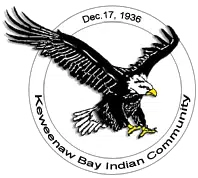










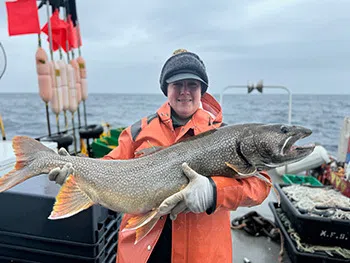


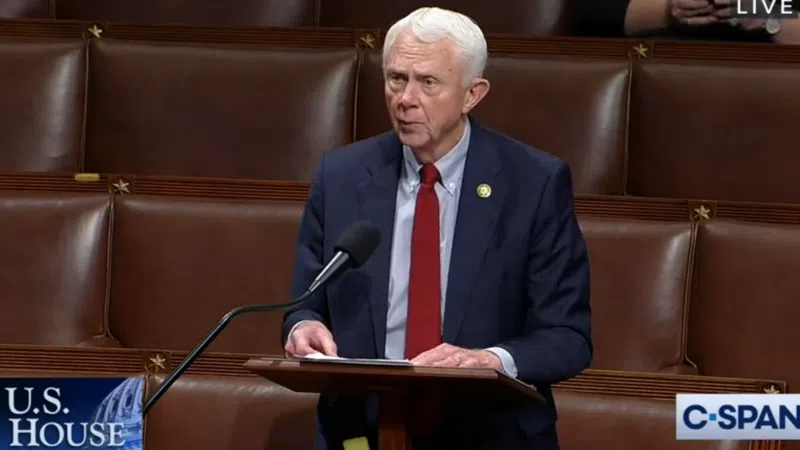


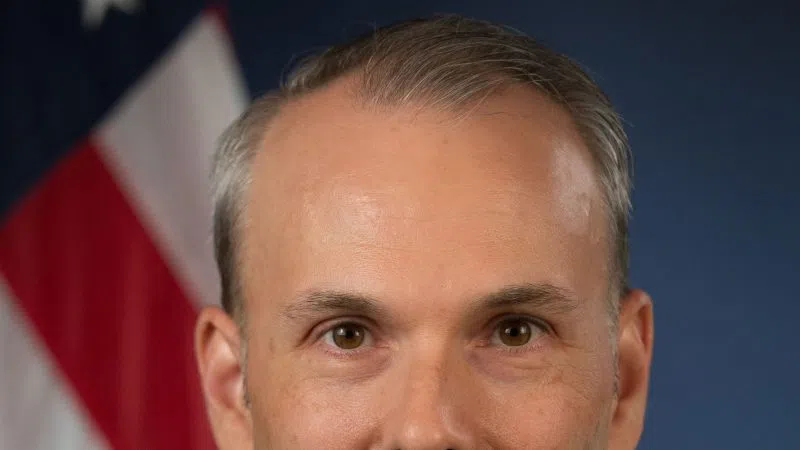
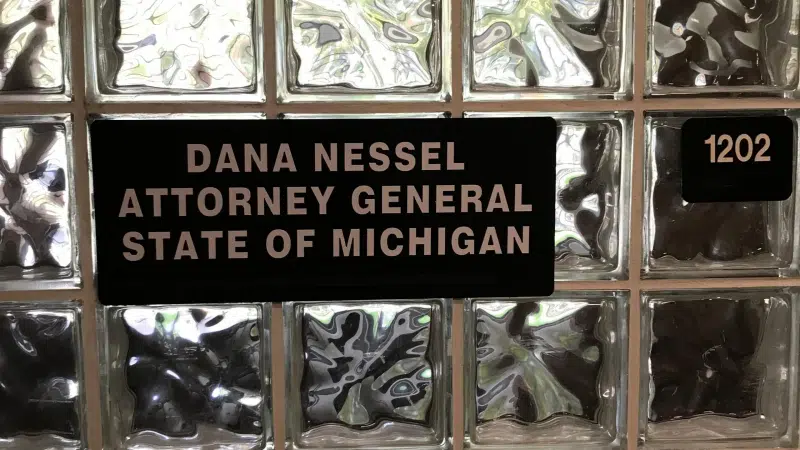
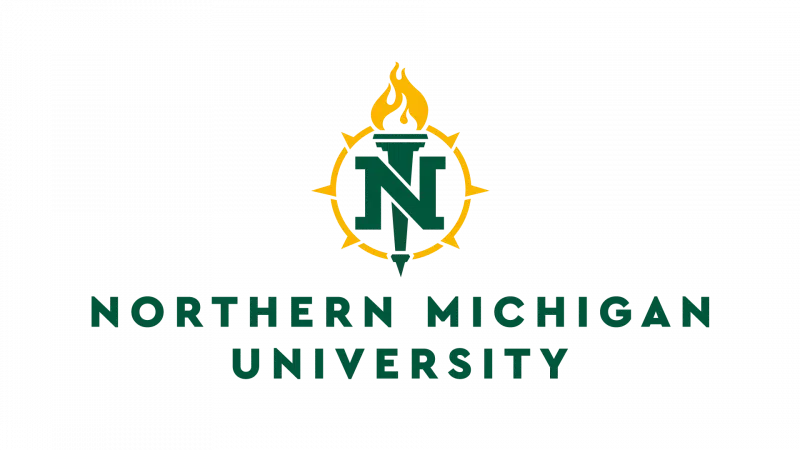



Comments